For answering this question and many more questions about const and pointers you have to understand something basic. I will explain it verbally first, and then with an example:
A pointer object can be declared as a const pointer or a pointer to a const object (or both):
A const pointer cannot be reassigned to point to a different object from the one it is initially assigned, but it can be used to modify the object that it points to (called the "pointee"). Reference variables are thus an alternate syntax for constpointers.
A pointer to a const object, on the other hand, can be reassigned to point to another object of the same type or of a convertible type, but it cannot be used to modify any object.
A const pointer to a const object can also be declared and can neither be used to modify the pointee nor be reassigned to point to another object.
Example:
void Foo( int * ptr,
int const * ptrToConst,
int * const constPtr,
int const * const constPtrToConst )
{
*ptr = 0; // OK: modifies the "pointee" data
ptr = 0; // OK: modifies the pointer
*ptrToConst = 0; // Error! Cannot modify the "pointee" data
ptrToConst = 0; // OK: modifies the pointer
*constPtr = 0; // OK: modifies the "pointee" data
constPtr = 0; // Error! Cannot modify the pointer
*constPtrToConst = 0; // Error! Cannot modify the "pointee" data
constPtrToConst = 0; // Error! Cannot modify the pointer
}

 I want just only to give an example of where we can not use const pointers.
I want just only to give an example of where we can not use const pointers.